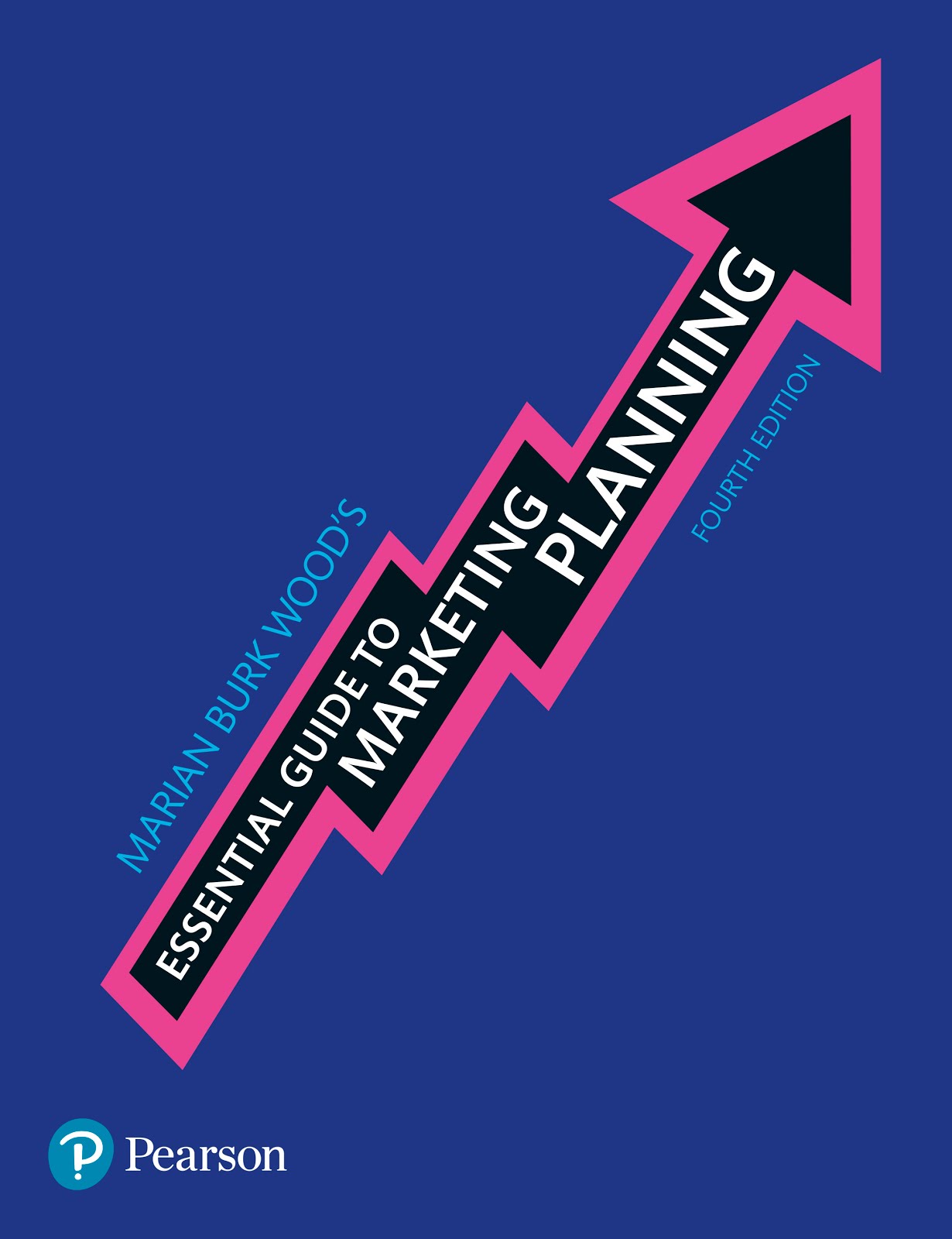According to a
Guardian analysis, 68% of the top 100 UK Android apps are free--actually,
freemium, meaning the initial game or function is free but upgrades or extra elements carry a fee. In addition to ad revenue, these apps make money when consumers pay for higher levels or better characters/equipment/functionality.
Another study indicates that tablet computer users largely
prefer free to fee apps. These users do make purchases via apps or within apps, but they don't want to pay for the app itself.
As consumers continue to adopt free or freemium apps for any and every purpose, advertisers and ad networks are finding new ways to attract app users' attention and collect users' data. Google does explain how its
AdMob for apps network operates and how consumers can adjust their ad preferences, by the way.
The
Economist writes that a growing number of ads delivered by apps are making 'aggressive' moves such as creating new icons that display ads when clicked (see table above, from mobile-security firm Lookout). Users don't expect ads to appear in those places and are surprised--not pleasantly--when they click and discover a commercial message.
Just as bad, users may not be aware of what type of information an ad network is collecting and how it will be used. And with
Facebook intensifying its focus on apps and ads, consumers can expect to see more ad messages in the months ahead, with privacy continuing to be a concern.











